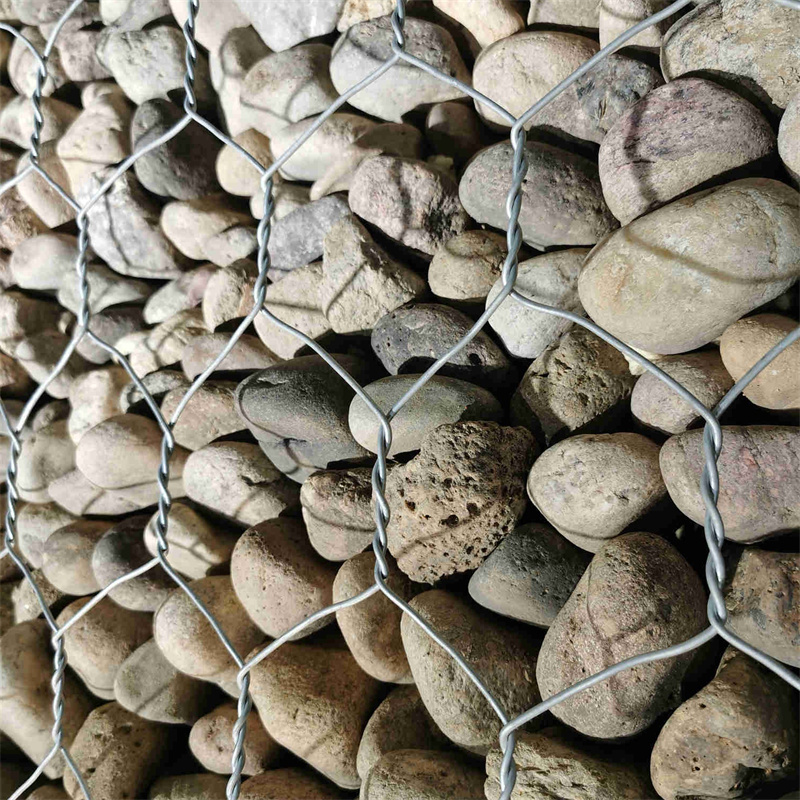okt . 17, 2024 17:31 Back to list
Gabion Wire Supply Options for Construction and Landscaping Projects
The Role of Gabion Wire Suppliers in Sustainable Construction
In recent years, the construction industry has increasingly embraced sustainable practices to mitigate environmental impacts and enhance the longevity of infrastructure. One such practice involves the use of gabion structures—wire mesh containers filled with rocks or other materials—which serve a variety of purposes, from erosion control to decorative landscaping. Gabion wire suppliers play a vital role in this trend, providing the essential materials and expertise needed to build effective and sustainable gabion systems.
Understanding Gabions
Gabions, derived from the Italian word gabbione, meaning big cage, are essentially wire mesh cages filled with stones or other suitable materials. They have been used for centuries in civil engineering and military applications. Today, their versatility allows them to be employed in different settings, including
1. Erosion Control Gabions are often used to reinforce riverbanks and prevent soil erosion. Their robust structure allows them to absorb the force of water, reducing the impact on soil and surrounding vegetation. 2. Retaining Walls These structures provide support to hold back soil, especially in hilly or unstable terrain. They are an effective solution for managing land contours without disturbing natural ecosystems.
3. Architectural and Landscaping Features Beyond their engineering applications, gabions are increasingly popular in landscaping and architecture. They can be used as decorative walls, benches, and planters, offering aesthetic value alongside functionality.
The Importance of Gabion Wire Suppliers
Gabion wire suppliers are crucial in this construction process. Their role extends beyond merely providing wire mesh; they ensure that builders have access to high-quality materials that meet specific engineering standards. Here are several key reasons why these suppliers are essential
1. Quality Assurance The durability and strength of gabion structures heavily depend on the quality of the wire used. Reliable suppliers offer products made from high-strength steel with appropriate corrosion resistance—for instance, galvanized or PVC-coated wire—to ensure the gabions withstand harsh environmental conditions over time.
2. Customization Projects can vary widely in size and requirement, and top suppliers provide customizable options for wire mesh sizes and types. This flexibility allows engineers and architects to tailor their designs to specific site conditions and functional requirements.
gabion wire suppliers

3. Technical Expertise Knowledgeable gabion wire suppliers can offer invaluable advice regarding the selection and installation of gabion systems. Their experience means they can guide clients on optimal materials to suit their project goals, ensuring a successful implementation from the start.
4. Cost-Effectiveness By sourcing quality materials through established suppliers, contractors can avoid costly mistakes associated with inferior products. This approach minimizes long-term maintenance costs, making gabion systems an economical choice.
5. Sustainability Focus Many suppliers today understand the importance of sustainability and offer eco-friendly products. By promoting the use of locally sourced materials or recycled metals, they help reduce the overall carbon footprint of construction projects.
Future Trends in Gabion Wire Supply
As the demand for sustainable construction continues to rise, gabion wire suppliers are adapting to meet these changing needs. Here are a few trends worth noting
- Increased Automation and Quality Control With advancements in technology, suppliers are utilizing automation for production, ensuring consistent quality and reducing human error. This change is vital for maintaining high standards in gabion manufacturing.
- Integration with Smart Technologies The rise of smart construction technologies means that gabion systems might soon incorporate sensors to monitor structural integrity and environmental conditions, providing real-time data to engineers.
- Focus on Education Many suppliers are taking an active role in educating architects, engineers, and contractors about the benefits and proper installation of gabions. Workshops, webinars, and detailed guides are becoming commonplace, benefiting the whole industry.
Conclusion
Gabion wire suppliers are more than just material providers; they are integral partners in the construction industry. By facilitating the use of gabions for various applications, these suppliers contribute to sustainable development while ensuring that projects are executed efficiently and effectively. As the trend towards eco-friendly and resilient construction continues to grow, the role of gabion wire suppliers will undoubtedly remain pivotal in shaping the future of our built environment.
-
Transform Your Outdoor Space with Gabion Fences
NewsApr.01,2025
-
The Versatility of Gabion Baskets for Your Projects
NewsApr.01,2025
-
The Importance of a Protective Net Sleeve for Your Valuable Investments
NewsApr.01,2025
-
The Benefits of Gabion Walls for Your Next Project
NewsApr.01,2025
-
Gabion Baskets
NewsApr.01,2025
-
Discover The Benefits of Protective Nets
NewsApr.01,2025
-
The Essential Guide to Gabion Supplies
NewsMar.12,2025






